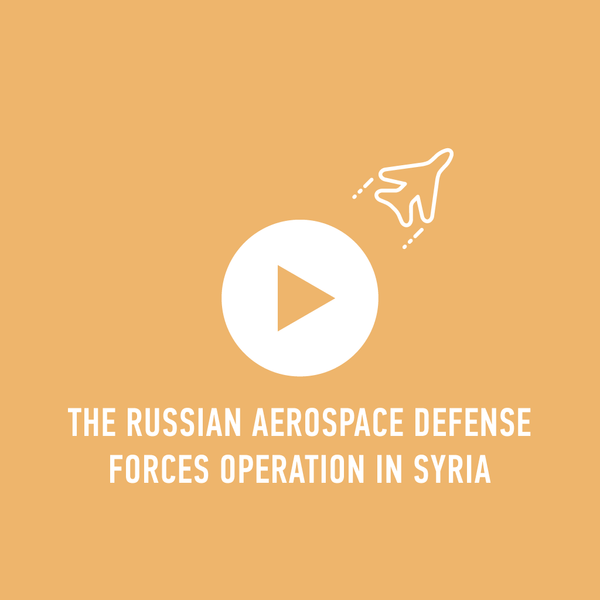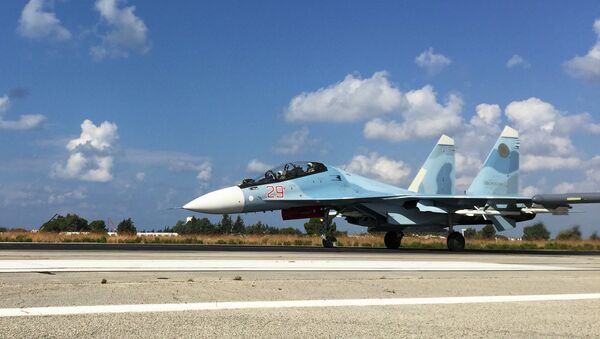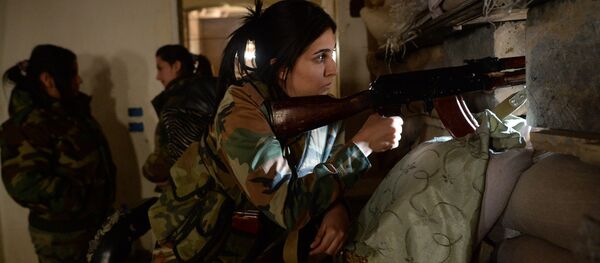A recently released analysis shows that Russia's involvement has helped Damascus-led forces to expand territory they control by 1.3 percent.
"These gains represent a turnaround in the government's position, considering it lost 18% of its territory in the first eight months of 2015, and was edging towards the loss of Aleppo and intensified attacks against the Alawite heartland in Latakia," IHS Jane's reported.
Moscow has launched a multinational aerial campaign against Daesh and other terrorist groups in late September following a formal request from Damascus. Since then, the SAA, assisted by Russian warplanes and Hezbollah fighters, has made steady progress in key battlefront areas across the war-torn Arab country.
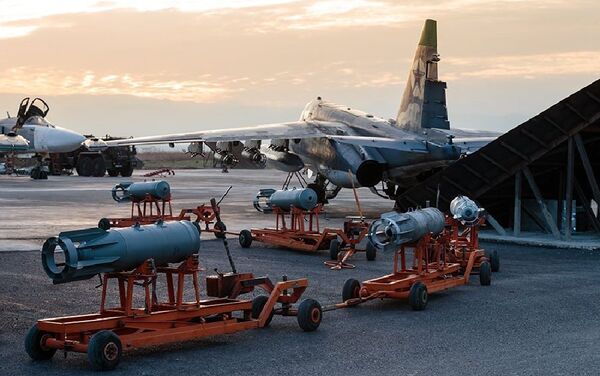
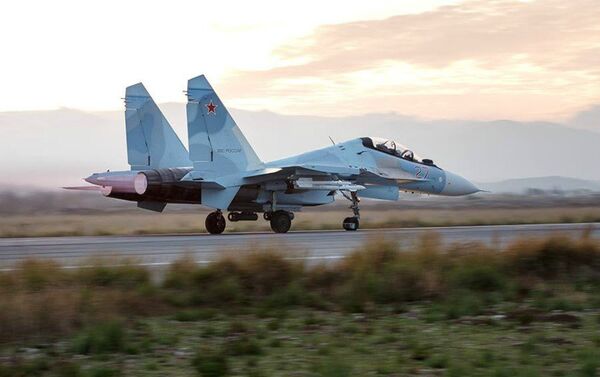
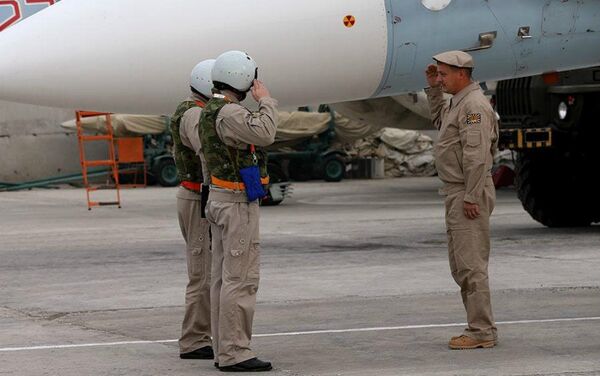
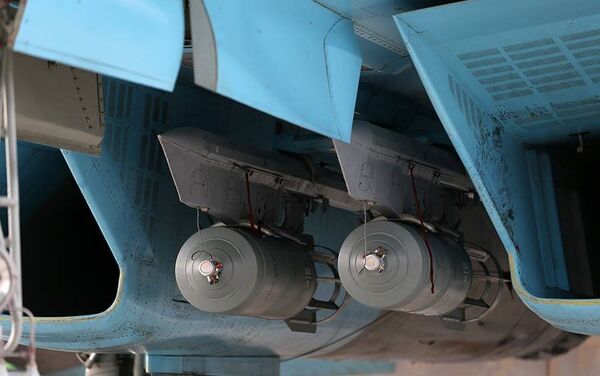
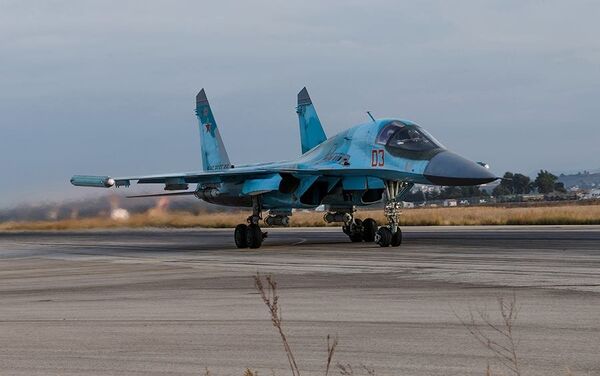
Last week, the SAA scored a major victory when it pushed rebels out of Salma, a town in northern Latakia which had been a militant stronghold since 2012. On Saturday, Latakia Governor Ibrahim Khder al-Saalem thanked Russia for this achievement.
These developments have helped to pave the way for local ceasefires and kick start a UN-sponsored peace process. UNSC resolution 2254, which was unanimously adopted in mid-December 2015, offers a framework for resolving the crisis, which includes formal negotiations, a nation-wide ceasefire and subsequent elections.
